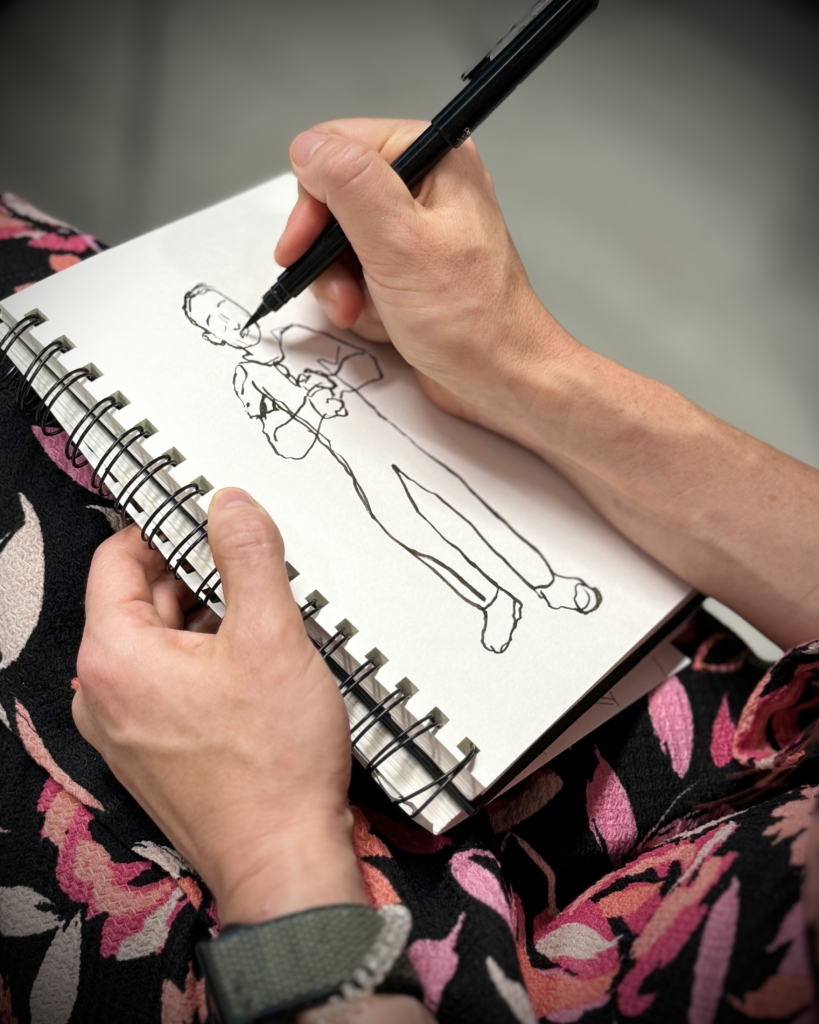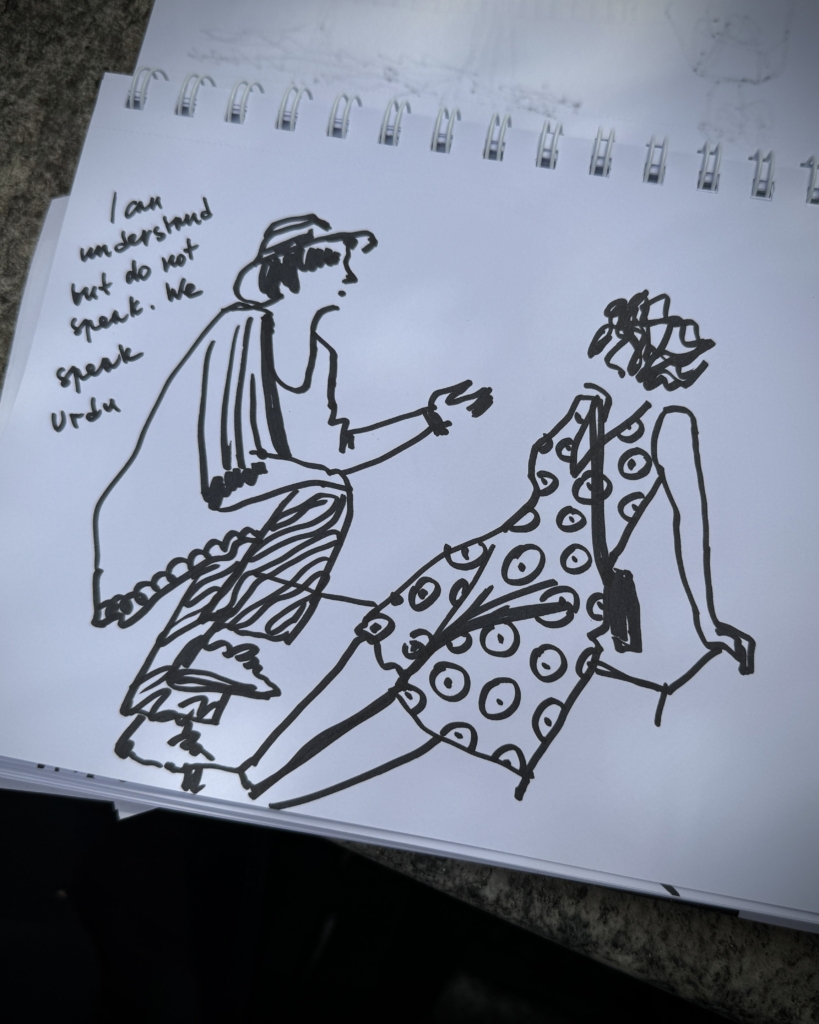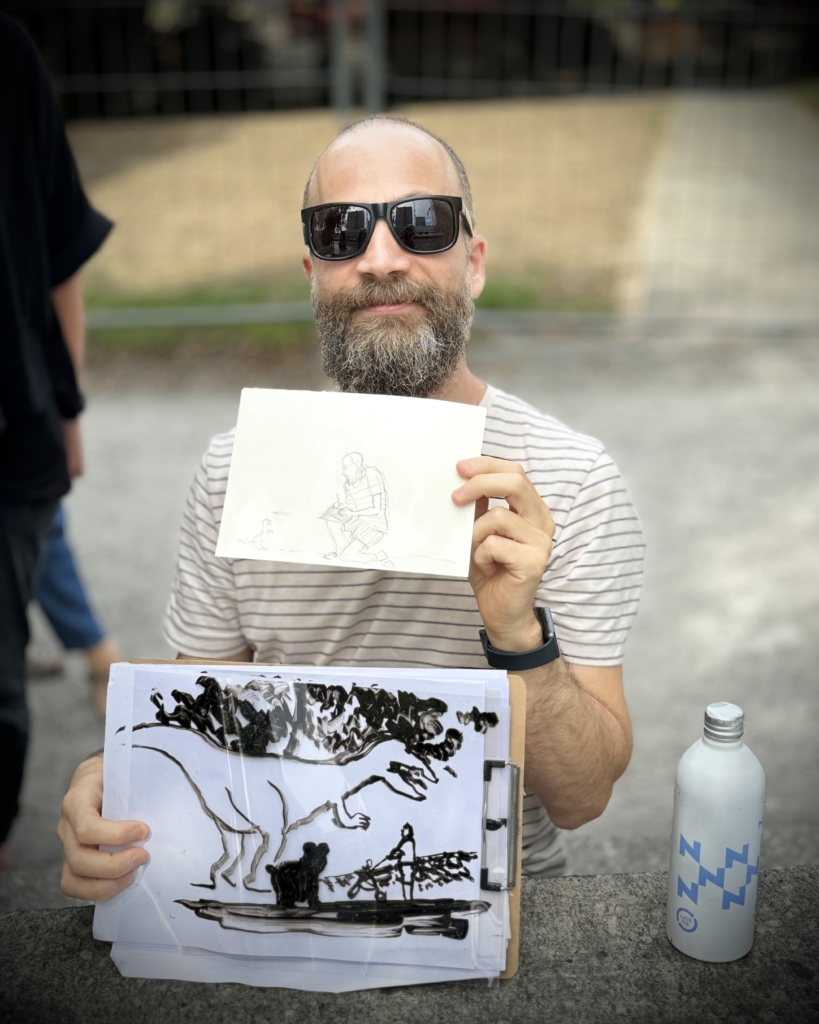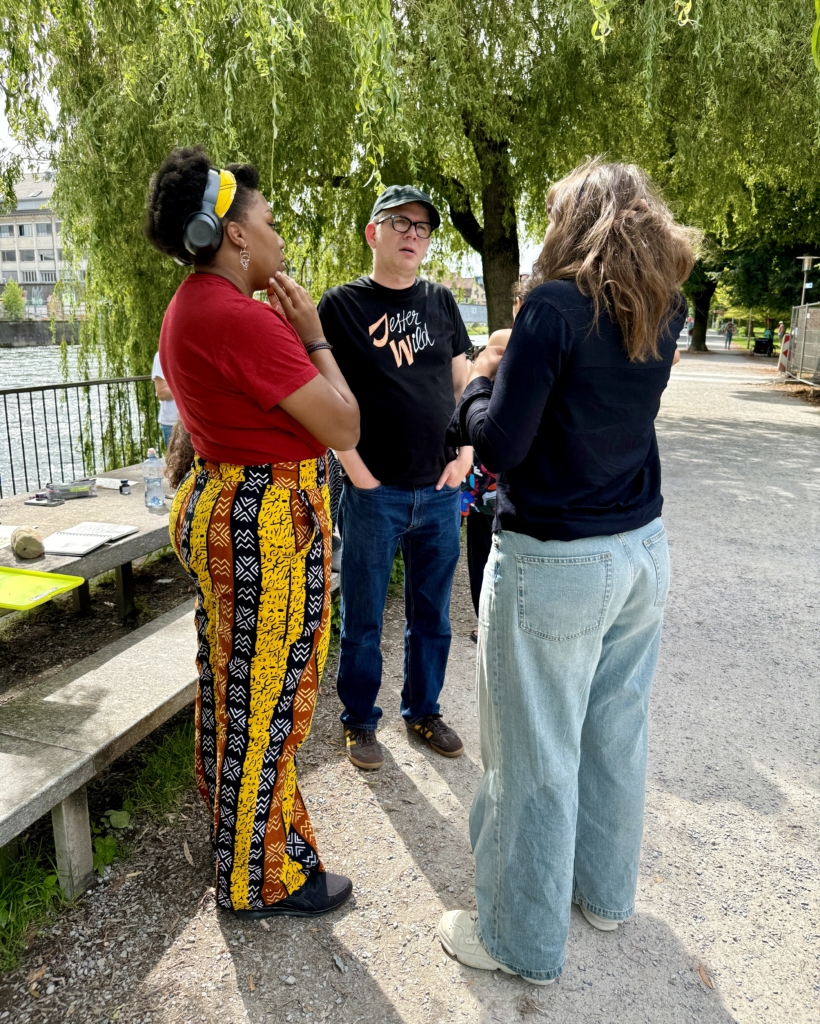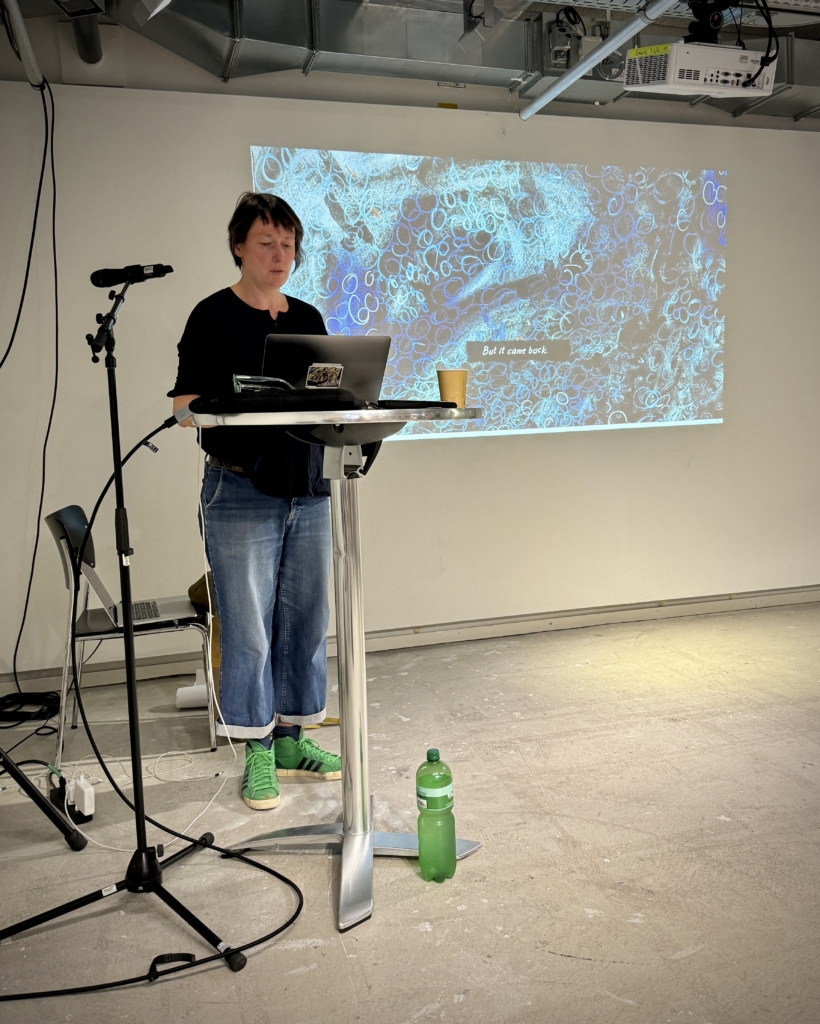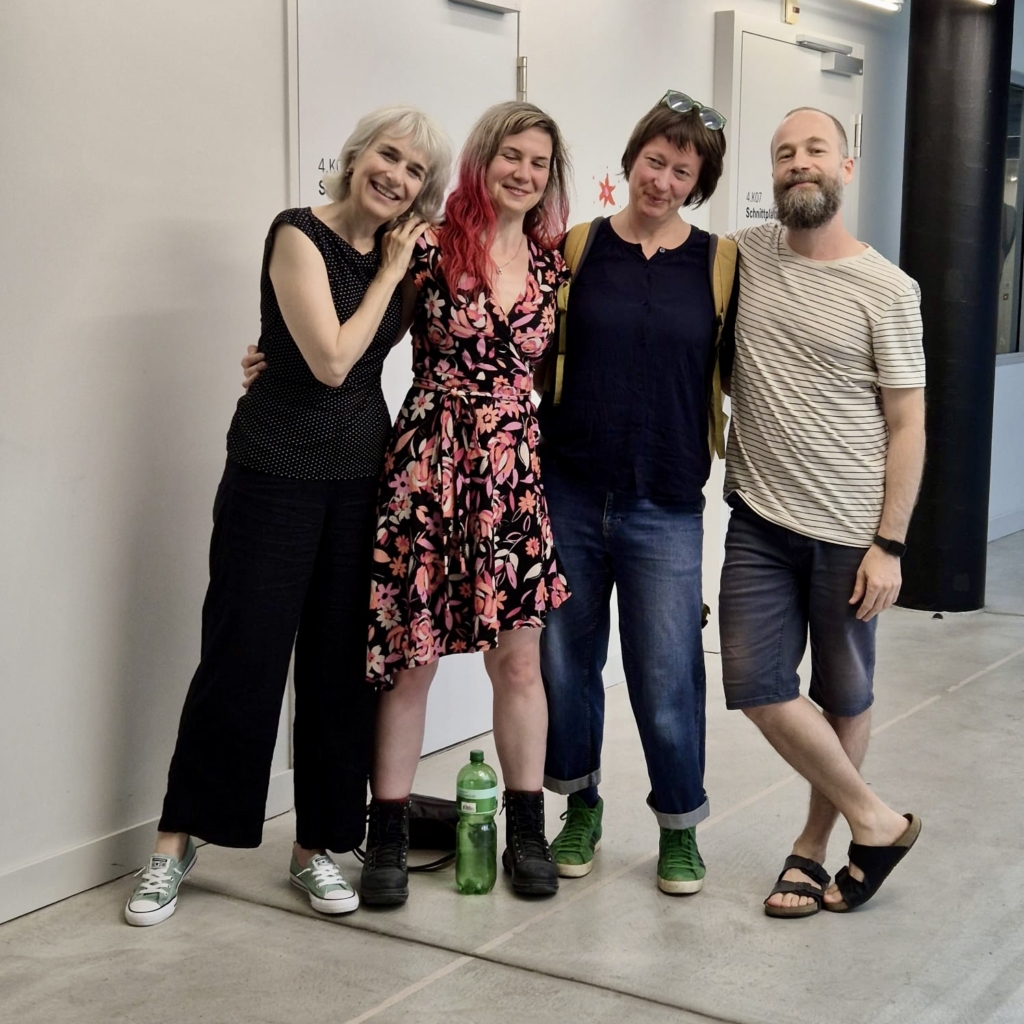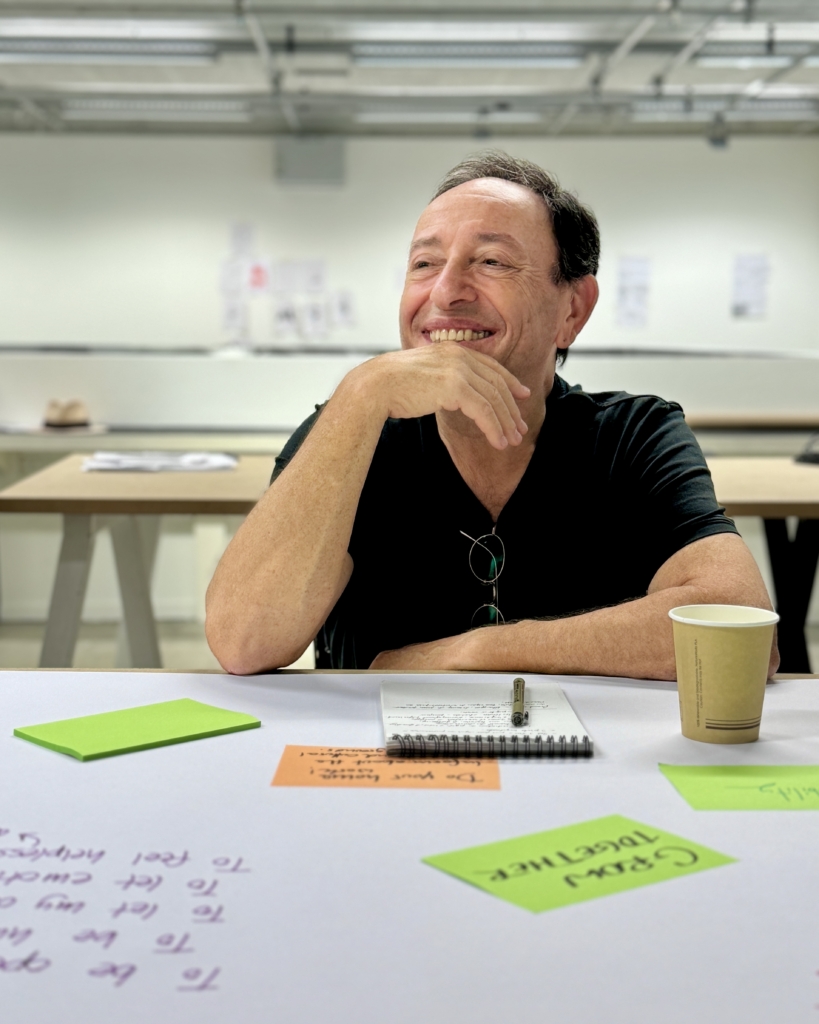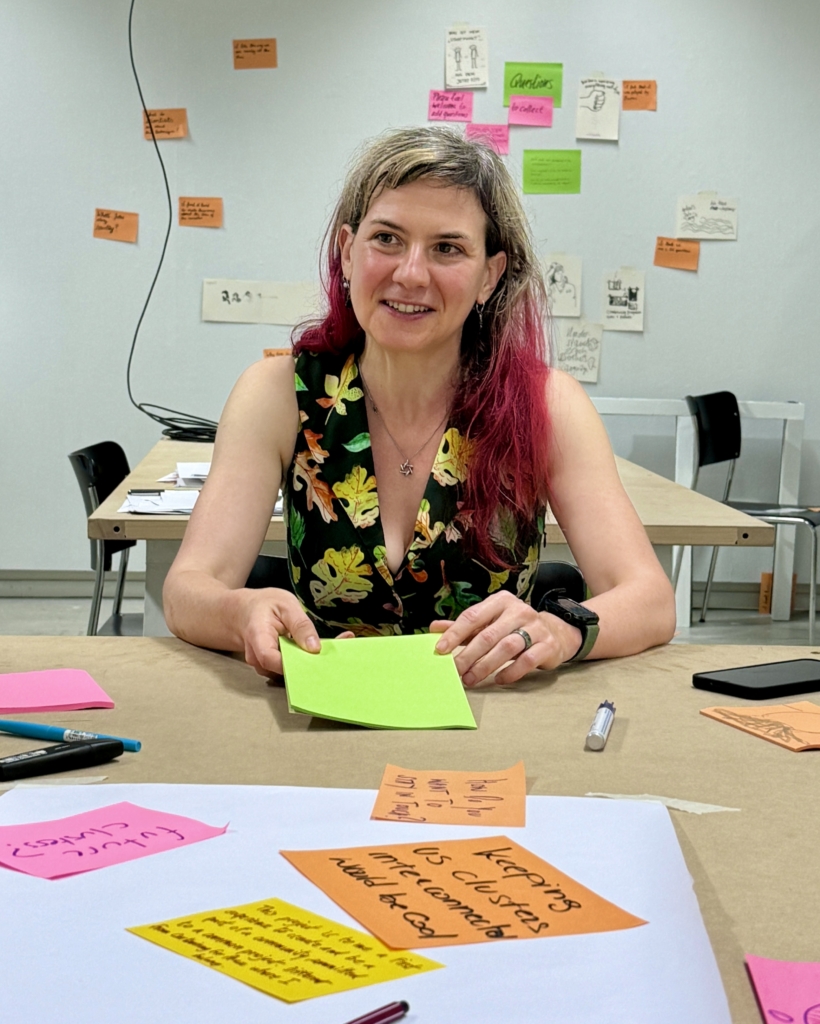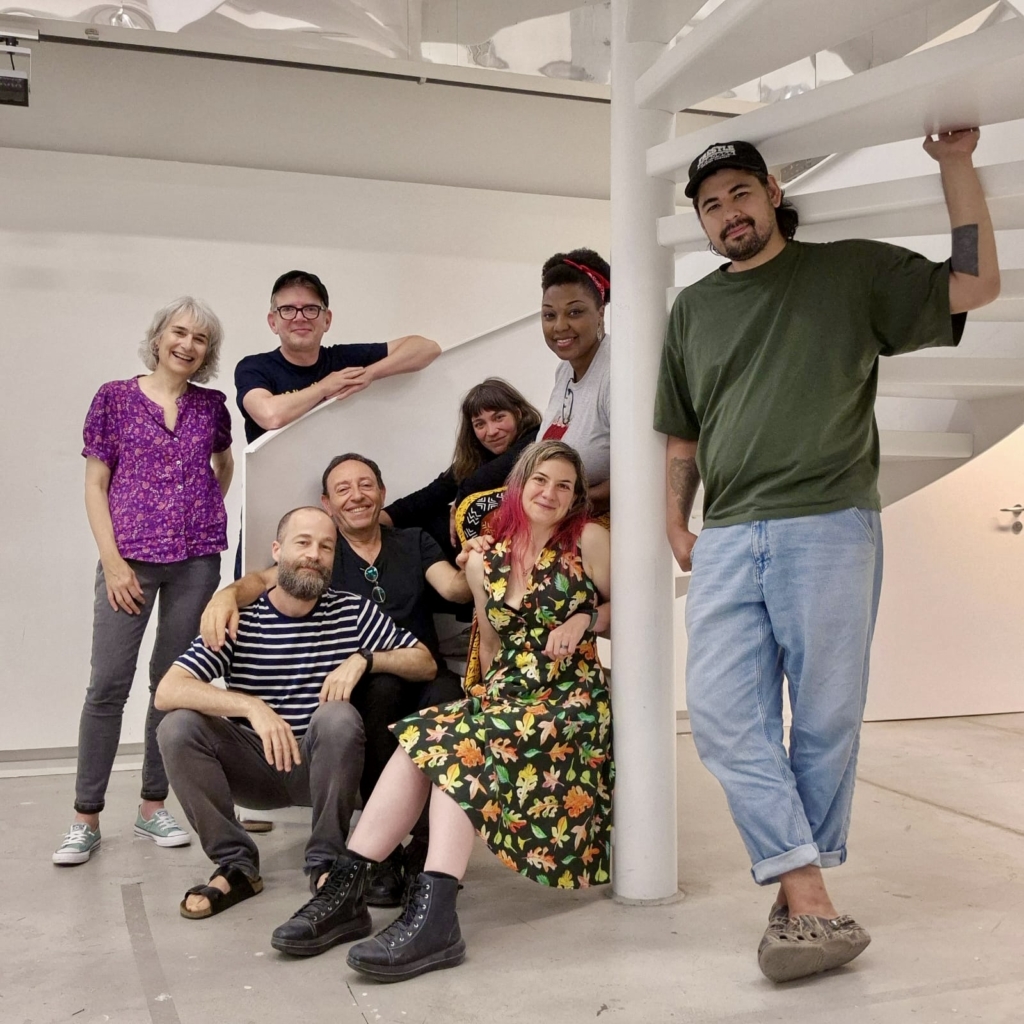Archives of Memory: Research Incubator and Comic Drawing Workshop at the Zurich University of the Arts
From July 4-6, our project partners at the Institute for the Performing Arts and Film at the Zurich University of the Arts (ZHdK) hosted an interdisciplinary arts-based research incubator for scholars, artists, storytellers and educators who joined us from Canada, Austria, Germany, the Netherlands, Finland, Israel and Cameroon. This interdisciplinary exchange included graphic artists from the Survivor-Centred Visual Narratives (SCVN) Project, who were invited to share insights from their ongoing collaborative memory work with survivors of genocide.
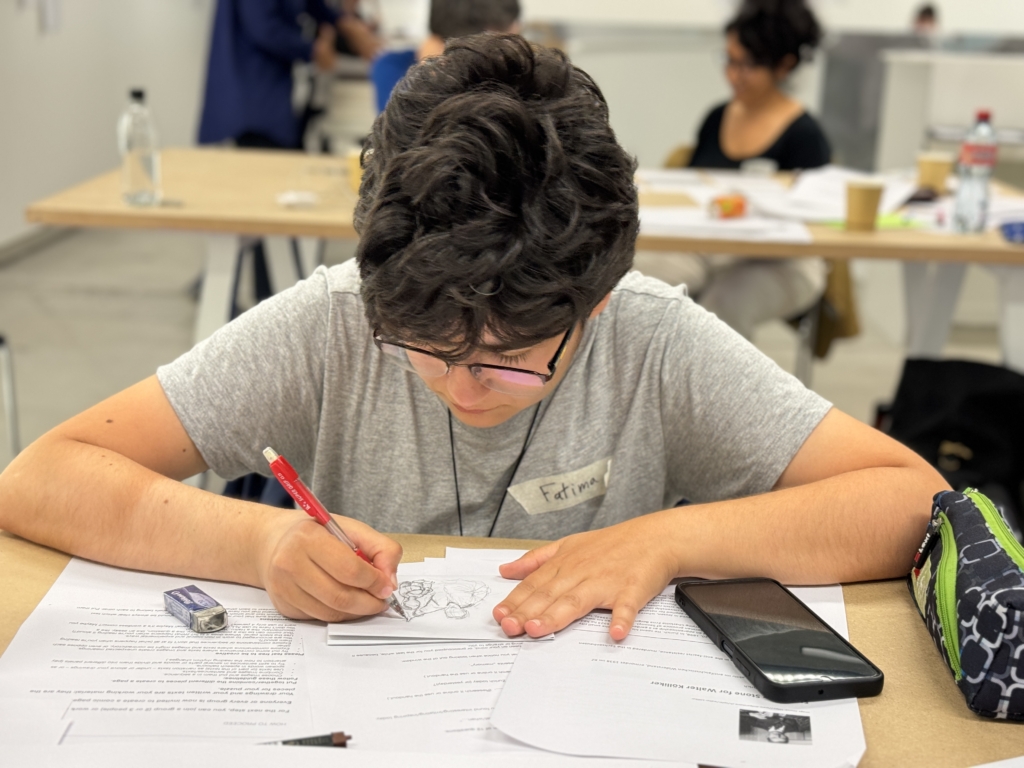
Day 1 began with a presentation by SCVN co-director Dr. Charlotte Schallié titled ‘Developing an Ethics of Care Framework in Arts-based Research with Genocide Survivors.’ Following this, a comic drawing workshop, co-facilitated by graphic novelist Barbara Yelin and Charlotte Schallié, guided participants through weaving their artistic practice with visual storytelling and historical research. Throughout the day, participants drew, collaborated, and discussed the role of memory, dialogue, responsibility, and reciprocity in artistic practice and research. Many questions emerged. For example, how can drawing as a research practice and creative tool of scientific inquiry encourage new ways of retelling histories and life narratives? What stories surface when drawings and text elements enter a space of dialogue? How can we envision the empty space in-between panels as sites of fragmented or disjointed memory?
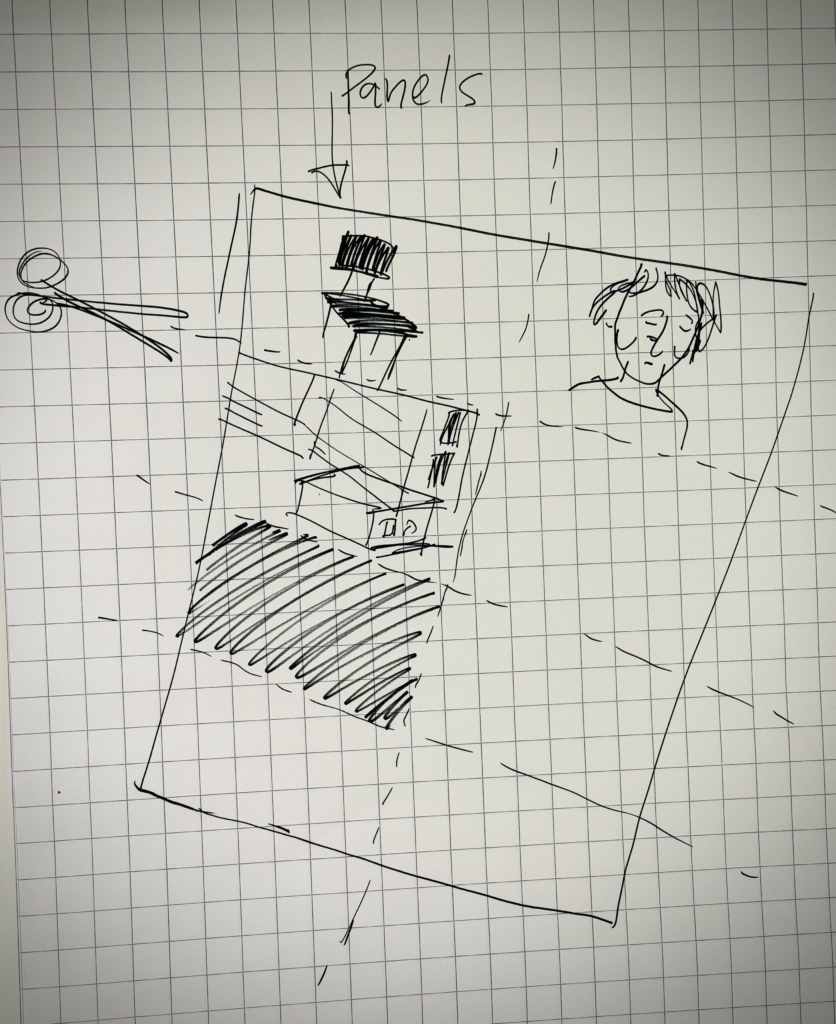
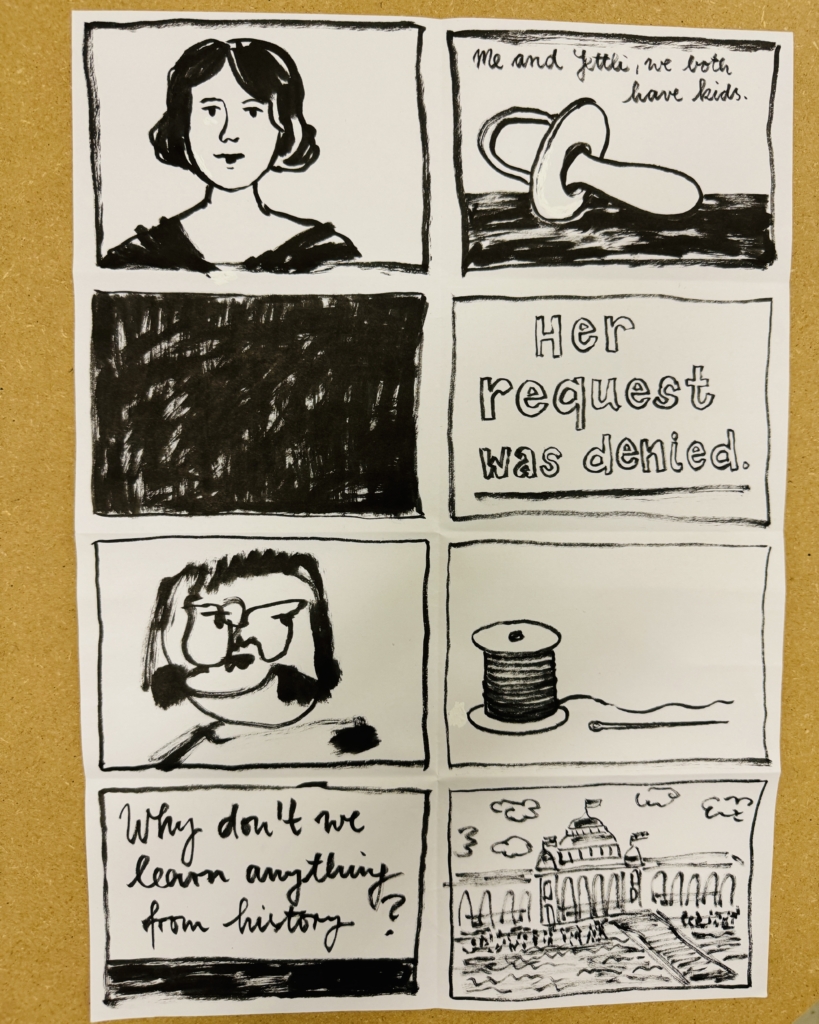
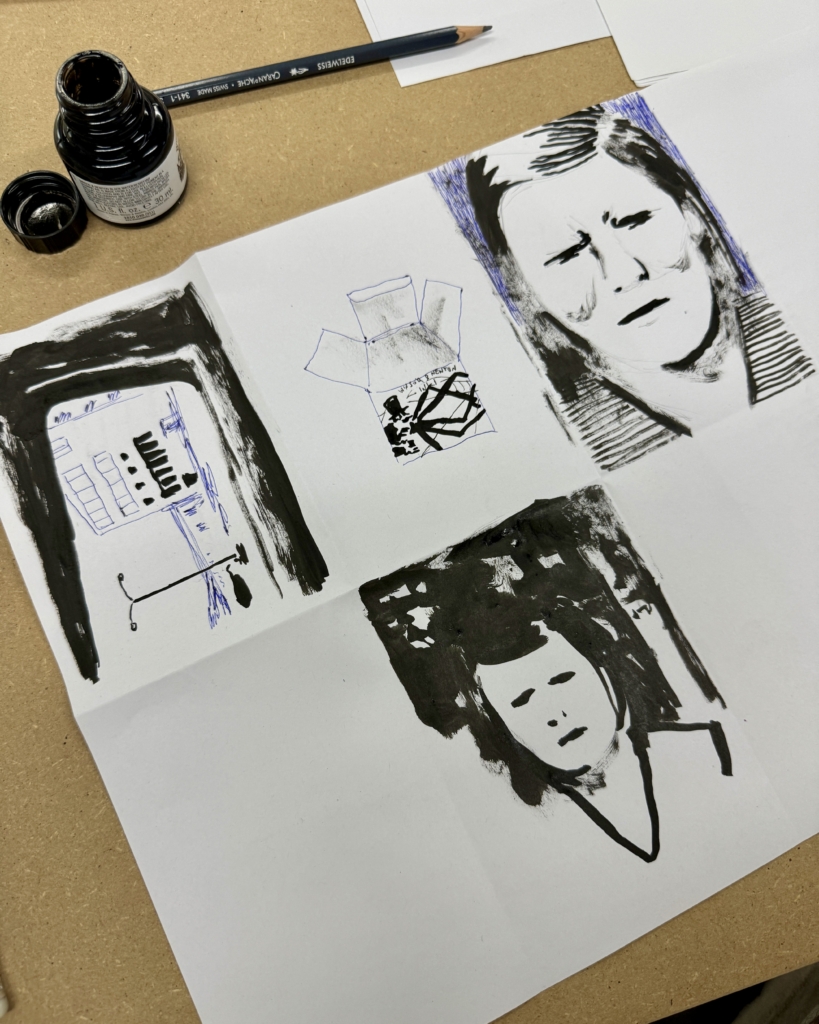
On Day 2, workshop participants gained insights into the practices, approaches, and questions emerging from the SCVN project. An urban drawing session—led by Miriam Libicki—and a reading by Barbara Yelin from her book ‘Emmie Arbel. The Colour of Memory’ brought forward ways to incorporate arts-based research methods into scholarship, teaching, creative practice, and community-based care work.
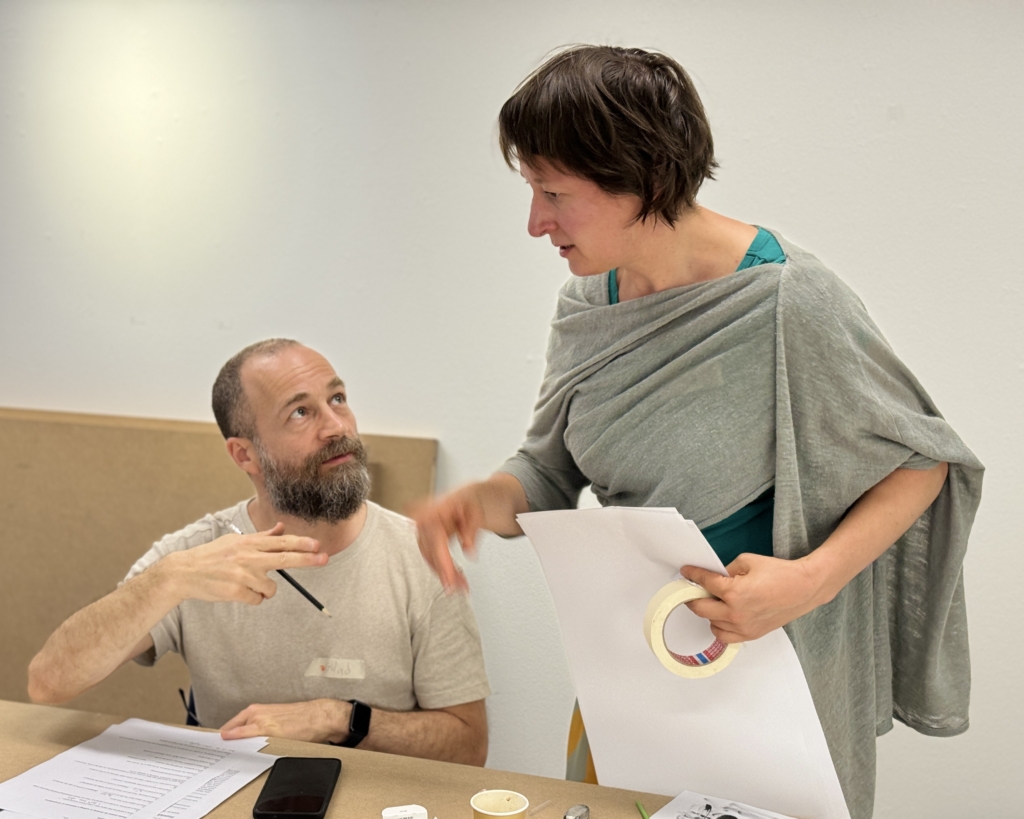
“What stories surface when drawings and text elements enter a space of dialogue? How can we envision the empty space in-between panels as sites of fragmented or disjointed memory?”
Day 3 held space for SCVN graphic artists to discuss how team members can continue to facilitate a community of mutual care and support across all five project-based research clusters. It served as a platform to address unresolved questions. Given the collaborative nature of the working relationships and the diverse realities and circumstances of the internationally based artists, it was invaluable to meet in person and develop a dialogue around the archiving of memory.
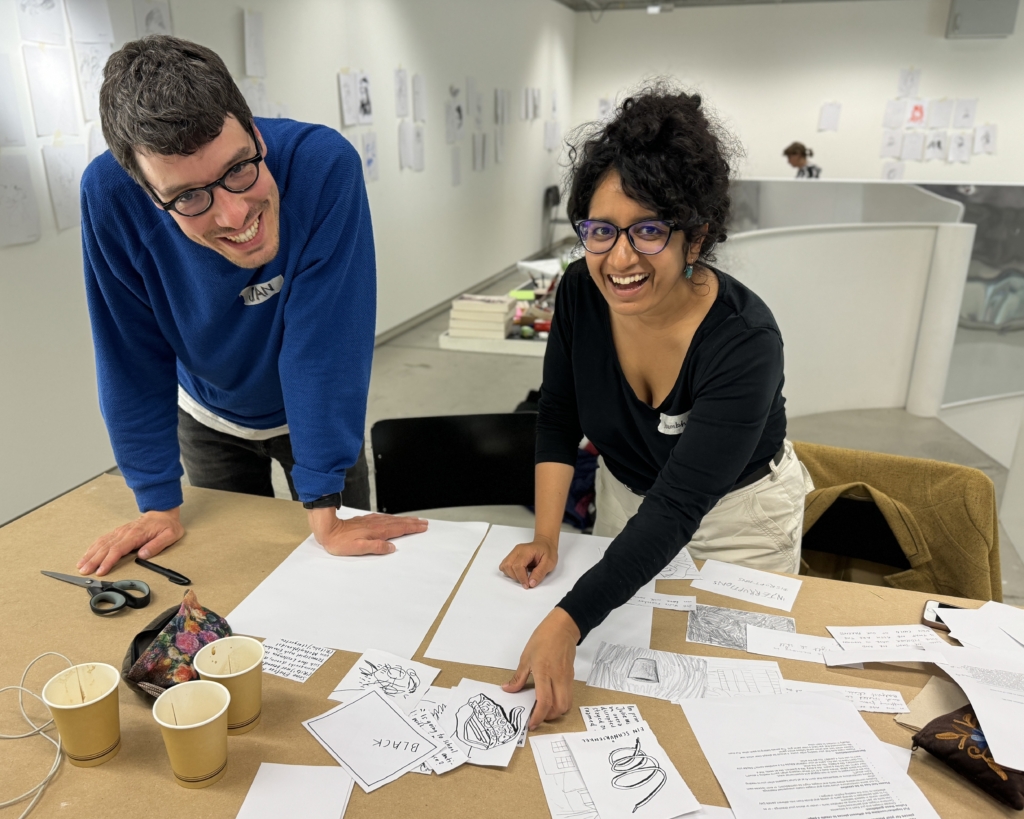
A key insight from the conference and workshop was the recognition that action of gathering in a designated space for mutual learning is crucial and should be institutionalized on an annual basis. This approach is essential for fostering a dialogic relationship and establishing a solid foundation for the Community of Care needed by the SCVN project. The questions posed to the artists on the third day, such as “What does a Community of Care mean to you?” and “What resources or support do you need to continue contributing to the project?” were systematically recorded and documented. Notably, it emerged that listening and allowing space for expression are inevitable components of research projects engaging genocide and mass atrocities. Based on the responses and the comprehensive documentation from the three days, the SCVN research project can refine and optimize the design and structure of future meetings to enhance the collaborative experience.
We would like to thank to all participants who joined us to share a diversity of perspectives, experiences, and creative approaches to engage with histories and life narratives.

